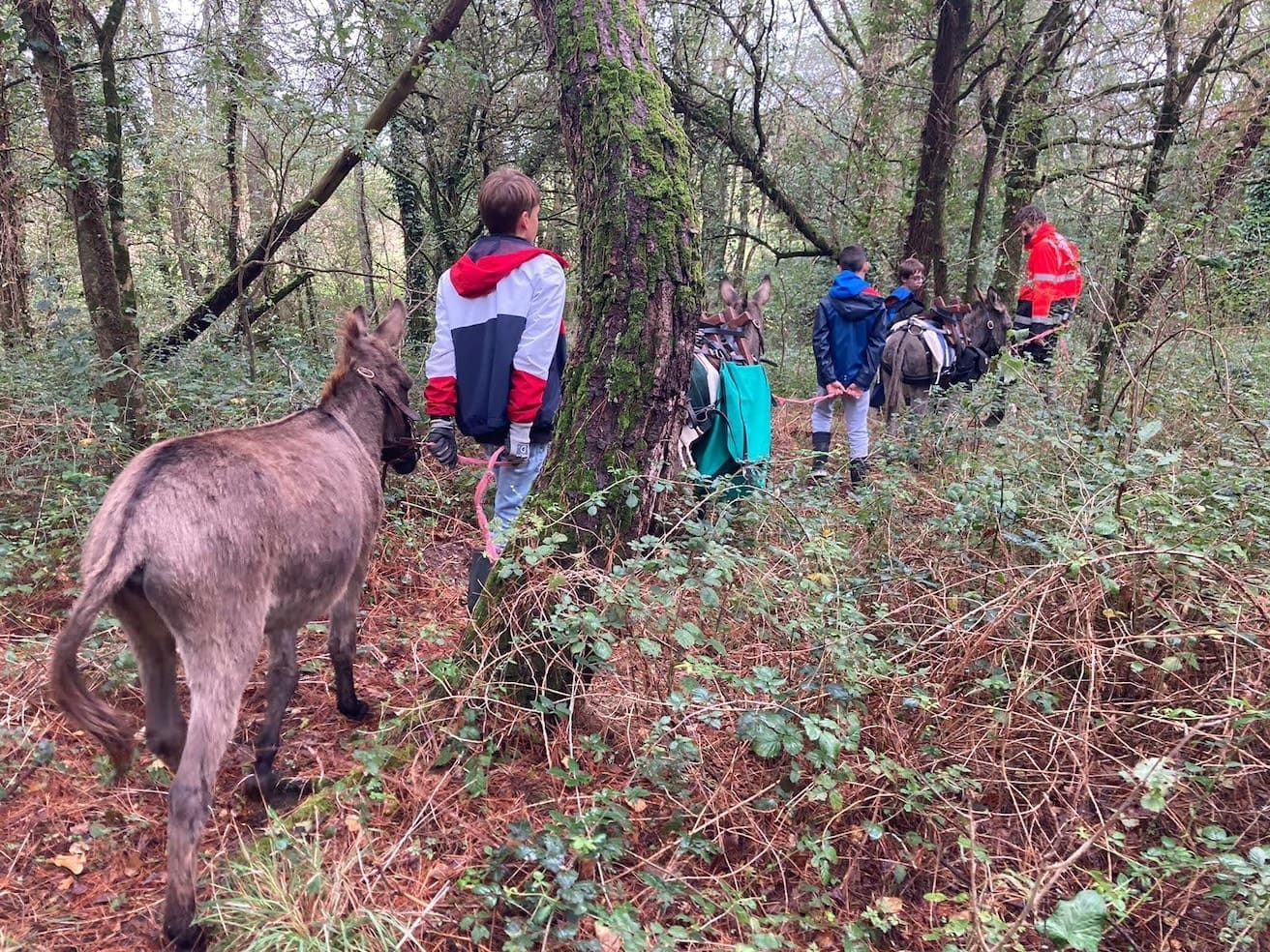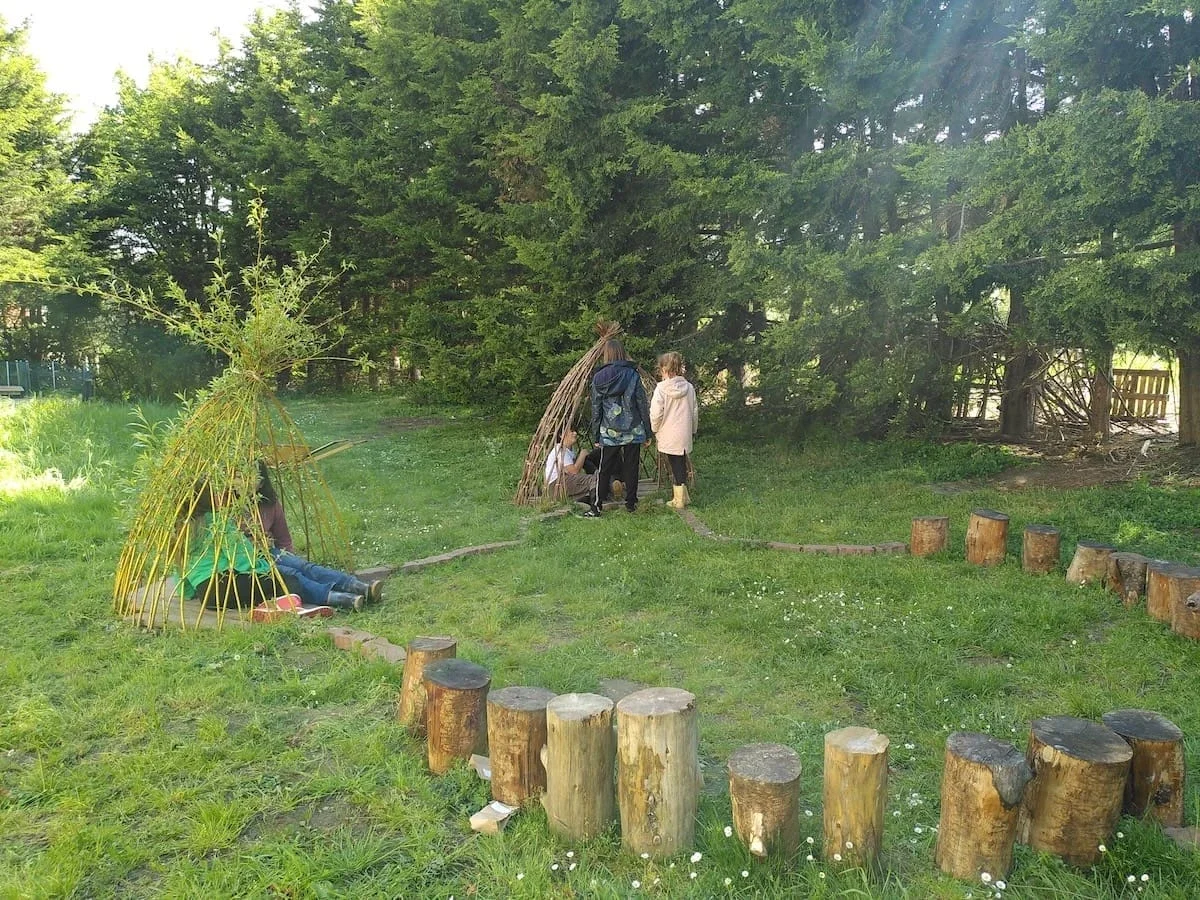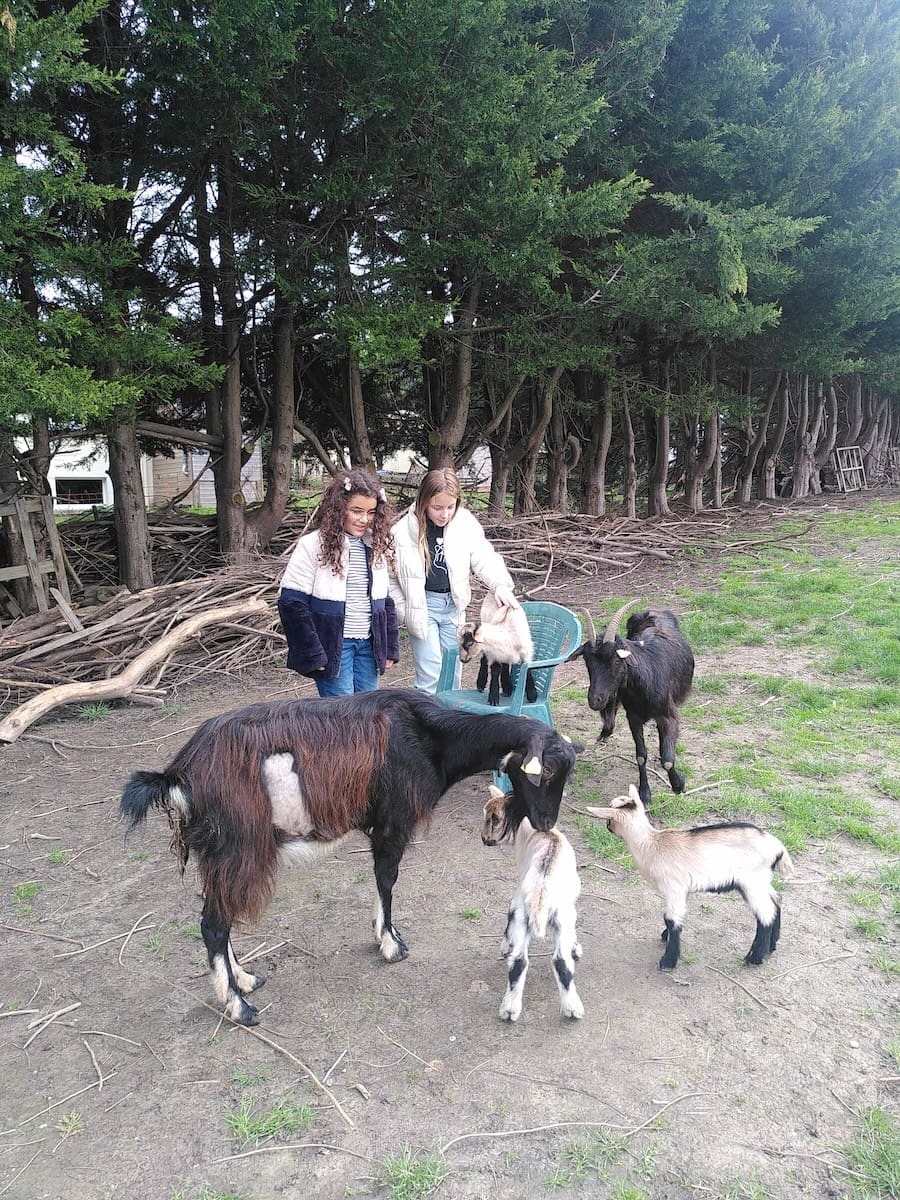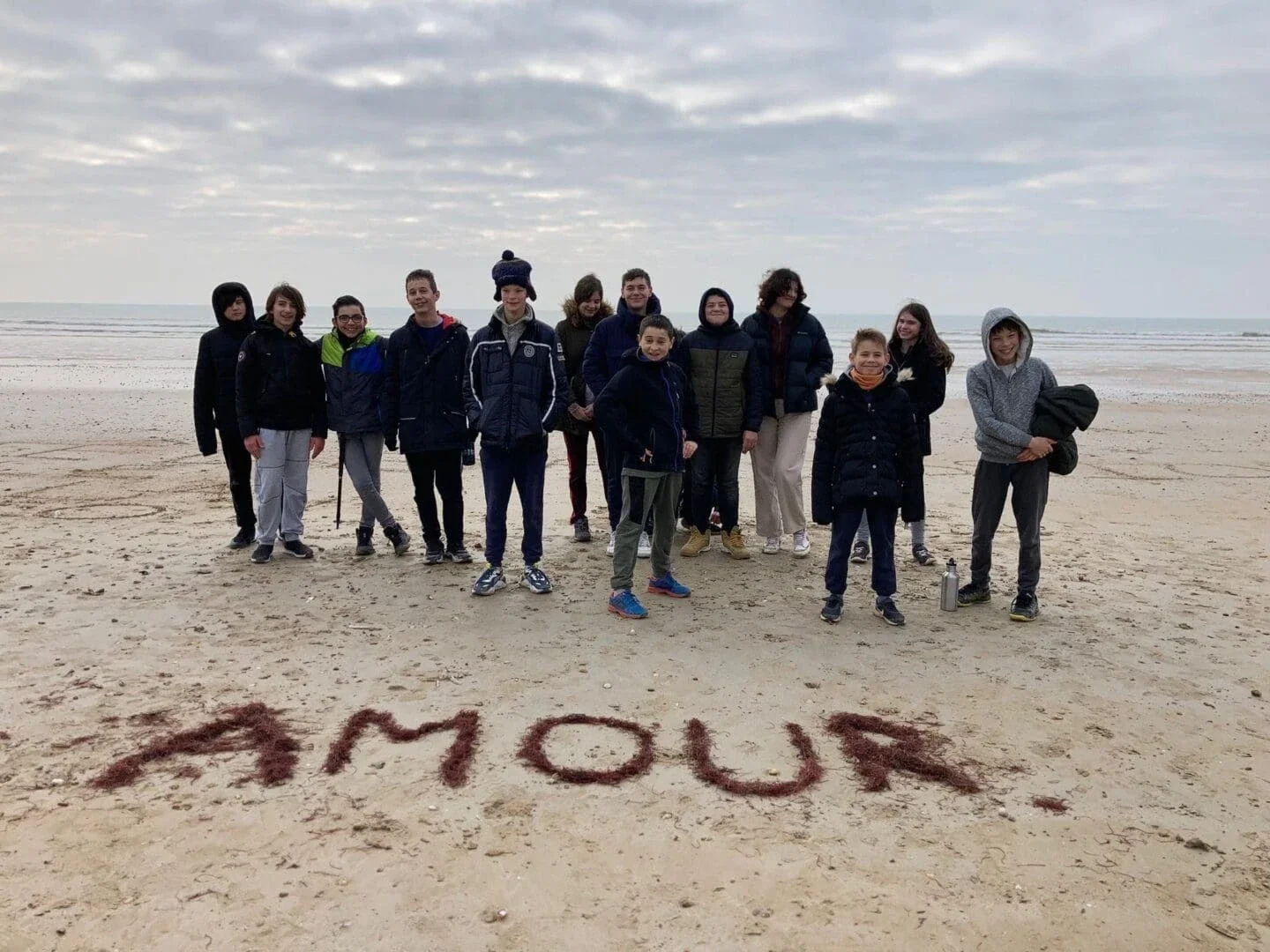At L’Ecole de la Transition, students don’t just crunch numbers and read books; they’re also tending to animals, mastering dry toilets, and engineering a filtration system to repurpose wastewater.
Maïlys Reneaume, the natural science teacher at this school in La Garnache, western France, believes the hands-on, climate-centric curriculum is vital—for both pupils and the planet.
“Let’s just think about it,” she said. “What’s most important, to memorize mathematical theorems, or to know how to live in harmony with nature? It’s about survival. If we want our species to continue, we must have this kind of education.”
Nurturing Optimism Through Action
L’Ecole de la Transition, a private alternative school, has 85 students from kindergarten through middle school, 12 teachers, and small classes.
“And the school is also a farm, so we have donkeys and goats and chickens as well as cats and dogs,” Reneaume said. “We do academic subjects in the morning, and in the afternoon, we do creative and outside work.”
Teachers find that students who engage in environmental studies and projects both feel more optimistic about the future and are likely to do better in school.

During an afternoon workshop, students learn how to care for donkeys. (Photo courtesy of Maïlys Reneaume)
“I talk about the climate change numbers and the stakes quite a bit,” said Reneaume. “But we aren’t just talking about it. Because we take actions to protect our environment, it makes the students feel less hopeless.”
Teachers also emphasize a focus on community.
“You can think about climate change on the individual scale and take small actions like shorter showers or turning off the lights,” Reneaume said. “Or you can think on the global scale, which makes our goals seem unreachable. So we think in between, on a community level.”
 Students build teepees during an afternoon workshop, and often use them as quiet places for contemplation. (Photo courtesy of Maïlys Reneaume)
Students build teepees during an afternoon workshop, and often use them as quiet places for contemplation. (Photo courtesy of Maïlys Reneaume)
Bringing this Approach to Public Education
Adding climate to the curriculum impacts how students look at the world overall, she said. “For instance, we visited a center where they build seasonal wood housing. The students asked good questions. ‘Where is the wood coming from?’ and ‘Couldn’t you put solar panels on the roof?’ It is certainly more awareness than I had as a child.”

Students help care for the animals at L’Ecole de la Transition. (Photo Credit Maïlys Reneaume)
She also thinks the fact that students at her school are surrounded by nature instead of cement is important. “It’s vital to instill in children the sense that they are a part of nature,” she said.
Her goal is for more students to have this alternative experience, or at least a piece of it.
“I started my professional life as a consultant in a big international unsustainable company. My parents were proud of me; I was meeting social standards and expectations, but I felt lost and useless,” Reneaume said. She then began her teaching career with Le Choix de l’école, which is part of the Teach For All network.
“I first taught in a public school. Now that I see what is possible in an alternative school, I would really like to see it implemented in the public school system. Talking about the environment is fine. But playing in the grass, watching a goat being born, figuring out how to conserve water—this takes it to another level.”
Find her solution on the Teachers for the Planet website.
 Students on a fieldtrip to the beach. (Photo courtesy of Maïlys Reneaume)
Students on a fieldtrip to the beach. (Photo courtesy of Maïlys Reneaume)